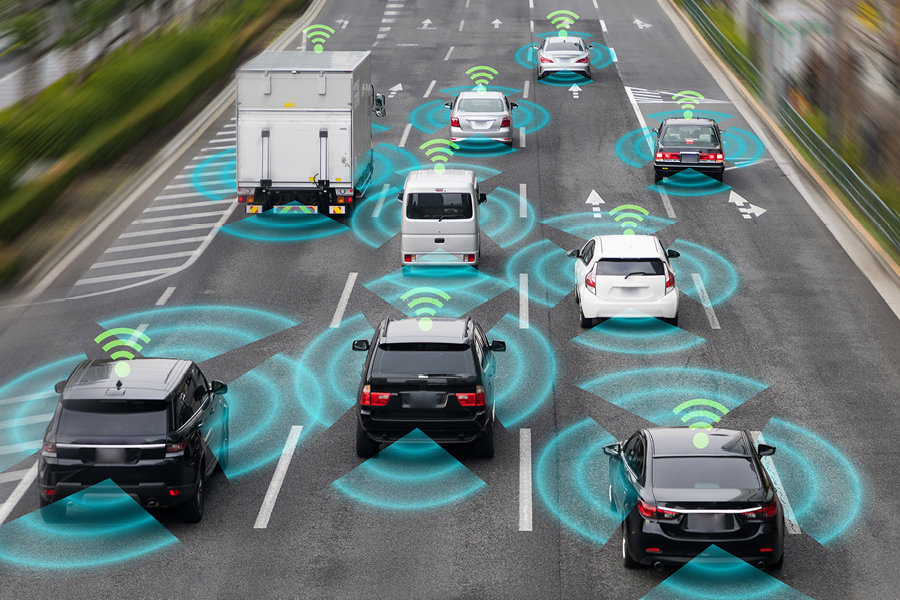This post is a response to a presentation on Autonomous Vehicles to the Issue Forum on the Environment at the City Club of Portland.
If autonomous vehicles are the future, and there's no stopping it, it’s going to be a profoundly depressing one if you’re somebody who loves traditional urbanism. Cities in other countries have already solved the problem of urban mobility, and they have largely done so with 19th century technology. A combination of cycling and rail infrastructure serves Copenhagen very well, and it has the lowest share of all trips made by car of any city in the world except maybe Amsterdam. This is all provided with publicly owned infrastructure: bike lanes and walkable streets, and a three tiered state-owned rail system. Metro subways, suburban commuter rail, and intracity rail.
Buses and covered bike parking at Nørreport Station, Copenhagen
As with many high tech solutions, I think the AV phenomenon is a case of technological fetishism combined with corporate capitalism's existential need to sell us more things. The so-called Smart City infrastructure needed to get an AV system up and running would be very expensive, and presumably funded in large part by municipalities, for the ultimate goal of selling more cars. A relatively low-tech, very effective method of solving urban mobility issues is a non-starter here because capitalists are the clients of government, which prioritizes their need for profit when addressing any social issue (see the farm bill, private prisons, our health care system, etc.). This is not to say that mercantile capitalism shouldn't exist in any form to deny that it produces innovations. Indeed, lots of great shiny widgets have been developed in recent decades because consumers like them and see value. That's all well and good, but things like smart phones are a technology one can opt in to or out of. When it comes to things that quite literally shape our cities, we must recognize that it is not in societies best interest to let capitalism and corporations drive the bus, as it were.
In short, just because we can, doesn't mean we should. Our mobility problems are not a result of insufficient technology, but rather poor resource allocation. Doubling down on a technology (cars) that has already proven extremely destructive from a land use, sustainability, resource efficiency and public health perspective does not strike me as great policy.
And don’t just take my word for it. Walkable City author Jeff Speck has a similar take on it.

